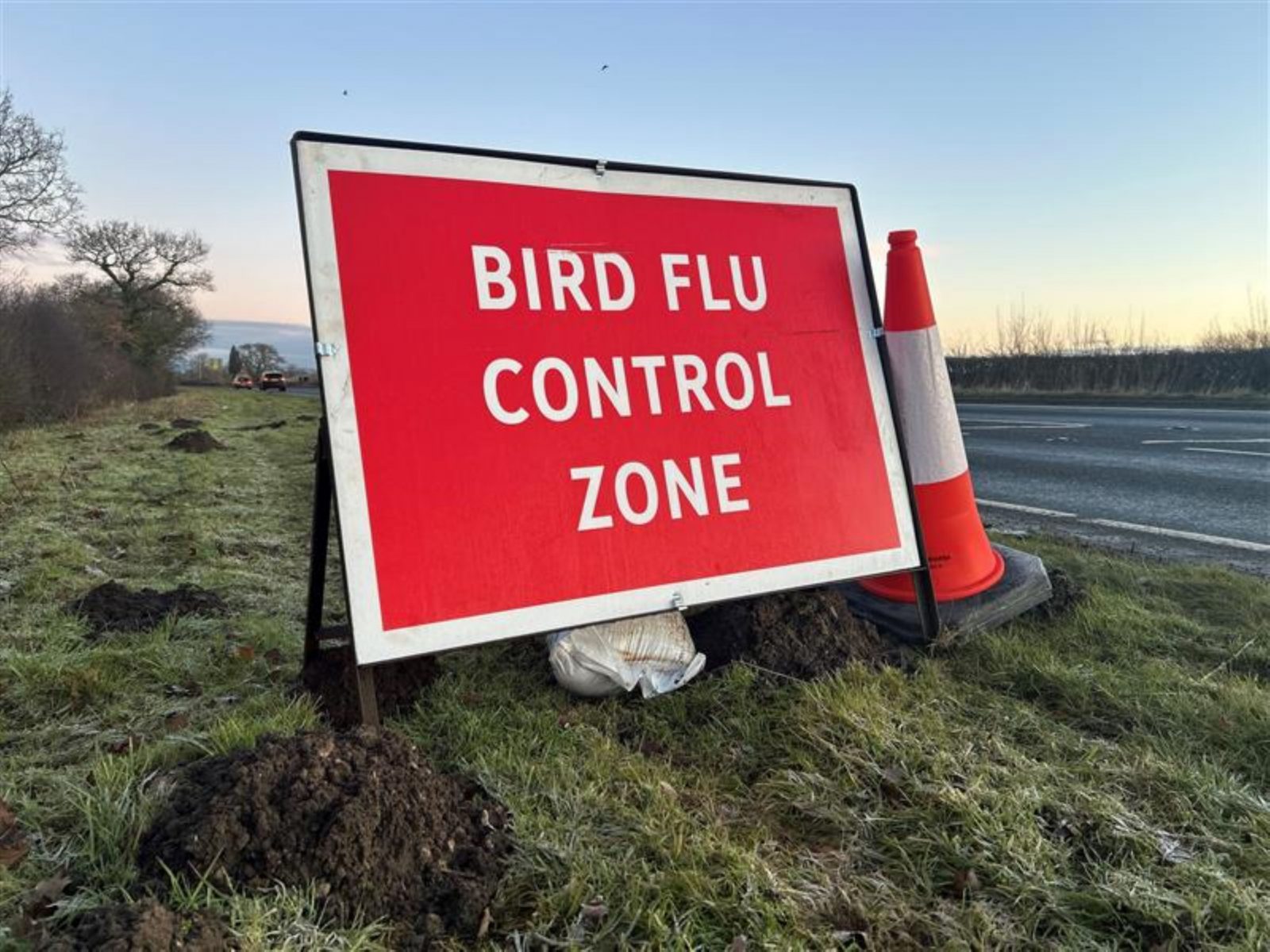Bird keepers across North Yorkshire are being urged to take strict precautions following three confirmed cases of avian influenza in the county. The outbreaks have affected sites in Hackforth, near Bedale, Tholthorpe, near Easingwold, and Knayton, near Thirsk, since early October.
The virus, which spreads from wild birds to domestic flocks, tends to increase in colder months due to migratory patterns. It has already led to culls on infected poultry farms and the enforcement of strict biosecurity measures.
In response, North Yorkshire Council has activated its Notifiable Disease Action Plan. The Animal and Plant Health Agency (APHA) is managing affected sites, carrying out culls and deep cleans, while council animal health officers are working with local communities to ensure compliance with control zone requirements.
Cllr Richard Foster, executive member for managing the environment, said: “Control zones are now in place around the affected sites, and it’s vital that bird keepers understand and follow the requirements within these areas. Compliance is essential to protect both commercial and backyard flocks and to support the wider disease control effort.”
Residents will notice road signs and public information posters marking bird flu control zones. These zones require bird keepers to follow strict biosecurity rules, maintain records of any poultry or egg movements, keep birds housed, and avoid attending or organising bird gatherings.
In addition to local control zones, Great Britain remains under an Avian Influenza Prevention Zone (AIPZ). From 6 November, mandatory housing applies across England for anyone keeping 50 or more birds, or any poultry kept for commercial purposes. Bird keepers with fewer than 50 birds for personal use are not required to house them, but must maintain strict biosecurity measures.
The risk to public health remains very low. Properly cooked poultry and eggs are safe to eat, but people are advised not to pick up sick or dead birds. Dead wild birds, including swans, geese, ducks, gulls, or birds of prey, can be reported to Defra on 03459 33 55 77 or online at www.gov.uk/guidance/report-dead-wild-birds.
For more information on biosecurity rules and bird flu guidance, visit www.gov.uk/bird-flu





